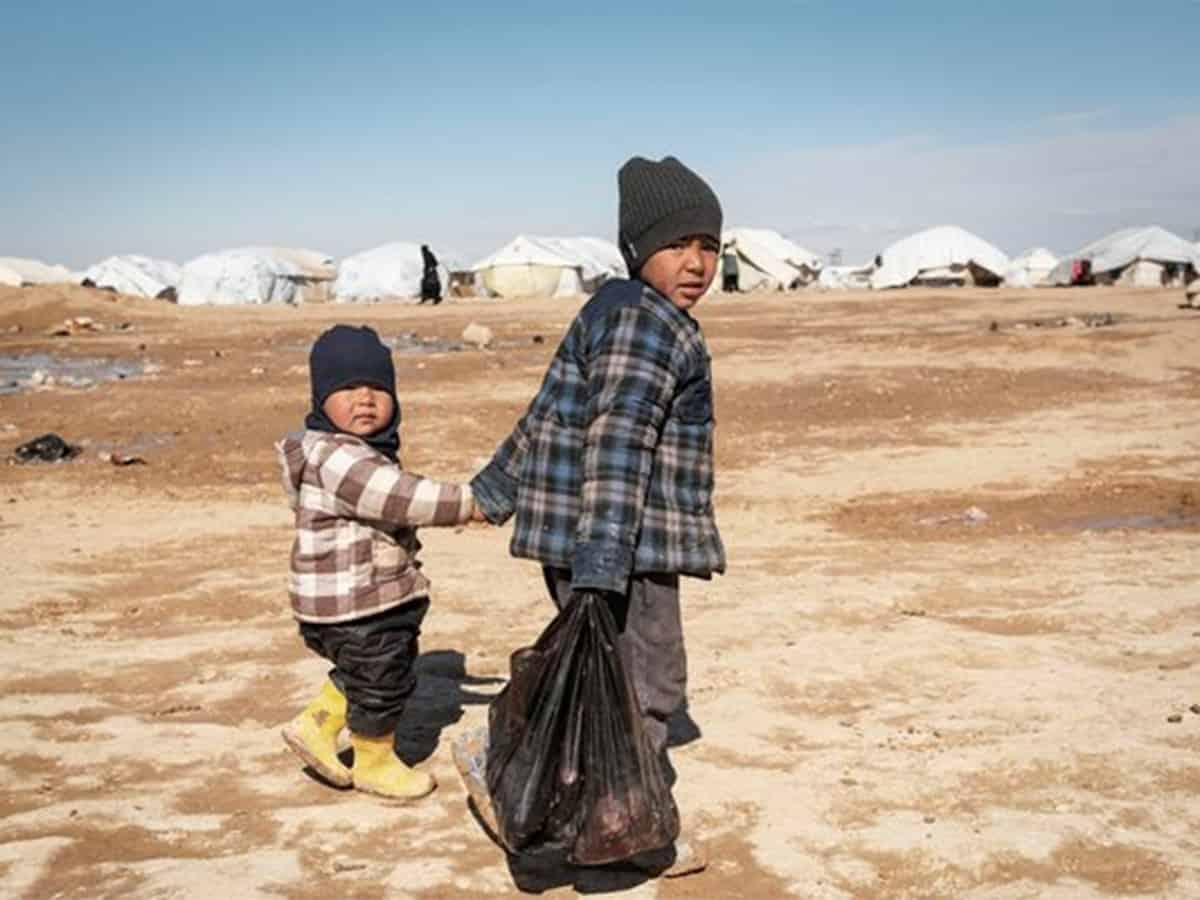
Beirut: Lebanon’s caretaker Prime Minister Najib Mikati said the UN should help authorities in his country to secure a safe return for Syrian refugees to their homeland.
On Thursday, Mikati told the visiting UN High Commissioner for Refugees, Filippo Grandi that “this issue remains a pressure factor on Lebanon at a time when the country no longer has the financial and political capacity to bear the repercussions of this matter”, reports Xinhua news agency.
He stressed that “the priority at this stage is to return the displaced Syrians gradually to their country as the situation has stabilised in Syria”.
For his part, Grandi agreed with Mikati about the incredible pressure imposed on Beirut for hosting an enormous number of Syrian refugees, assuring that the UN will increase its humanitarian support for the Lebanese people and everyone in the country.
He said that the UN Refugee Agency (UNHCR) is working with Syrian authorities to remove obstacles preventing the return of the refugees to their homeland, adding some of the challenges included destroyed houses and a difficult economic situation.
“We have made some progress, but there is still more work to be done for people to be confident in deciding to return,” he noted.
Thursday’s development comes after 500,000 Syrian refugees in October registered for their voluntary return from Lebanon to their home country.
Burdened by the hosting of a large number of refugees, Lebanon has decided to help 15,000 Syrian refugees return home on a monthly basis.
Lebanon hosts the world’s largest number of refugees per capita, with a government estimate of the Syrian refugees in the country at 1.5 million.
Having been struggling with a worsening financial crisis since late 2019, Lebanon has repeatedly said the influx of refugees weighs heavily on the country’s economy and infrastructure.



